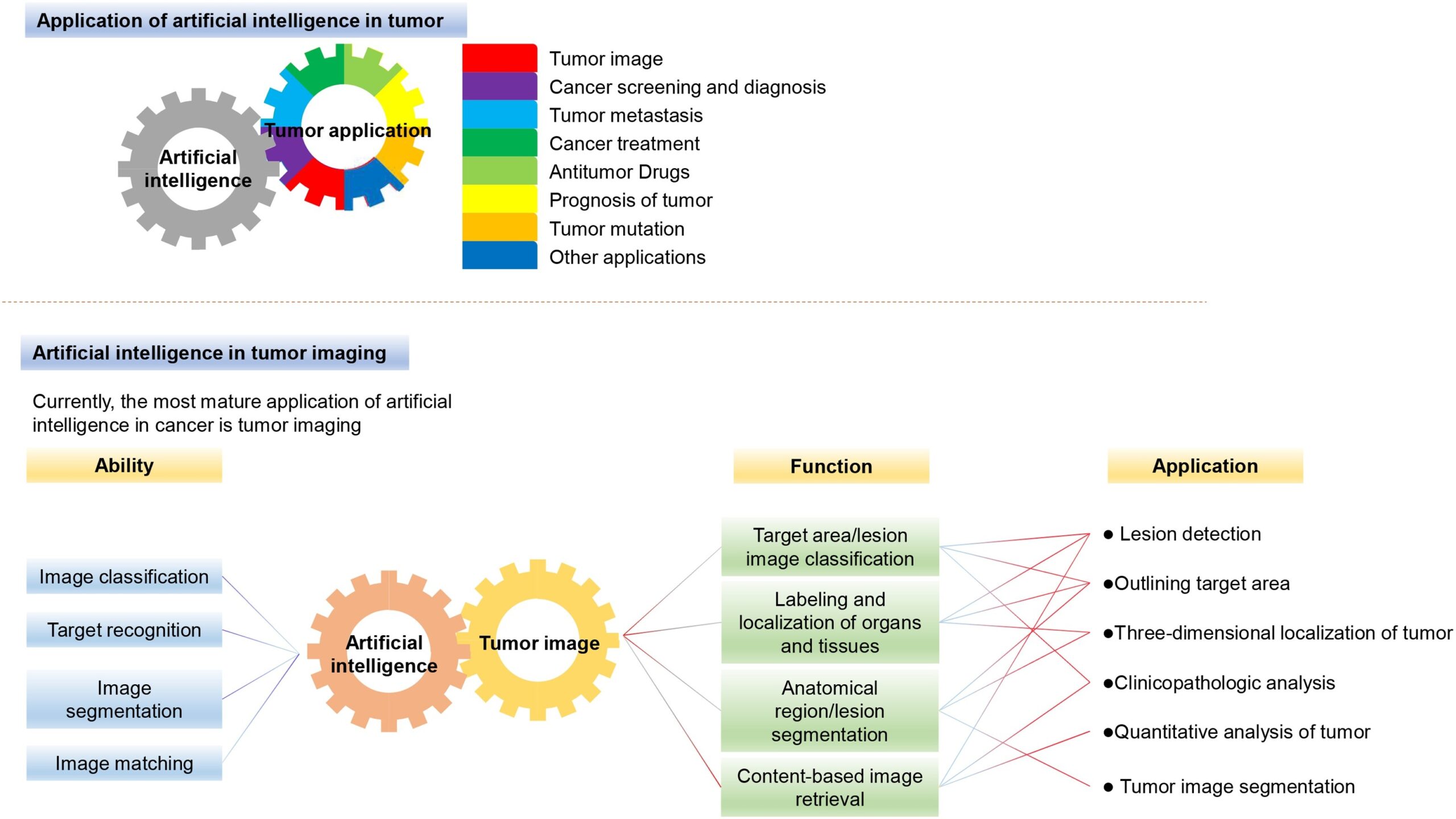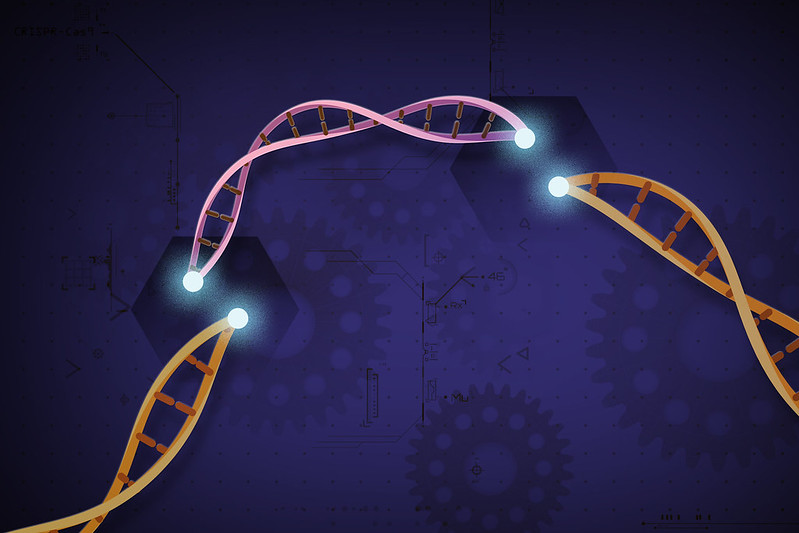Generative artificial intelligence (AI) offers new paths for more effective cancer treatments for patients who are not responding to current options, turning patient and clinical data into new molecules optimized to treat even the hardest-to-treat cancers.
The upcoming American Association for Cancer Research (AACR) Annual Meeting, taking place April 14-19 in Orlando, Florida, will showcase the latest of these AI-discovered and AI-designed small molecules.
Scientists have amassed large quantities of biological and chemical data – including huge stores of genomics data. Machine learning algorithms are able to process and analyze this data and make predictions – including around how cancer cell lines and patients will respond to certain drugs – as well as identify new synthesis pathways for molecules and create new drugs.
“AI can quickly understand how cancer cells become resistant to cancer drugs by learning and analyzing data on large drug-resistant cancer, which can help improve drug development and adjust drug use,” notes one report in Biomedicine and Pharmacotherapy.


The outlook for generative AI in cancer
Generative AI is moving scientists closer to a precision medicine future where treatments are tailored to treat diseases without causing harm and to provide options for patients with specific profiles.
Insilico Medicine was one of the first companies to publish (in the journal Oncotarget) on the use of general adversarial networks (GANs) to produce new anticancer agents. That early work formed the basis of the company’s Pharma.AI platform which consists of three parts:
- PandaOmics, which processes and analyzes trillions of data points to quickly identify new targets for disease;
- Chemistry42, which designs new molecules that are optimized to interact with those targets without causing adverse effects; and,
- InClinico, which predicts how these drugs will perform in clinical trials.
The platform can work in tandem with other technological breakthroughs, like the AlphaFold2 protein database from DeepMind. Together with Alan Aspuru-Guzik, Ph.D., professor of chemistry and computer science at the University of Toronto, and Nobel Prize winner in chemistry Michael Levitt, Ph.D., Insilico scientists applied an AlphaFold protein to the Pharma.AI platform to produce a widely publicized new molecule for liver cancer in under 30 days.
At AACR, the poster abstracts will highlight four inhibitors that target tumors in new ways – including two that rely on a strategy known as synthetic lethality. Synthetic lethality is a newer approach to cancer treatment that requires simultaneous genetic events to result in cell death. It offers hope for treating cancers that have eluded other forms of therapy, including breast, ovarian, bladder, and pancreatic cancers with specific mutations and deletions, like BRCA (breast cancer gene) mutation. The BRCA1 and BRCA2 tumor suppressor and DNA repair genes are mutated in many cancers, including 30-40% of familial breast cancer patients and up to 80% of hereditary ovarian cancer patients.
Insilico’s four inhibitors include a USP1 inhibitor designed for BRCA-mutant tumor cells; a MAT2A inhibitor for MTAP-deleted cancers; a DGKA inhibitor for patients resistant to current immunotherapy treatments; and a CDK12 inhibitor, which can be effective in a number of cancer types, including triple negative breast cancer, colorectal cancer, ovarian cancer, and hepatocellular carcinoma. All assets are available for licensing with pharma companies.
“Our oncology pipeline is growing rapidly thanks to the capabilities of our generative AI platform,” says Sujata Rao, MD, Senior VP of Clinical Development at Insilico Medicine, who will present data at AACR. “We’ve been able to rapidly produce and advance a number of promising potentially first-in-class and best-in-class molecules that we hope can soon bring new therapeutic options to cancer patients who are not responding to other treatments.”
Most recently, Insilico’s generative AI platform produced a potent, orally available inhibitor for CDK8 which is a driving force in many human cancers, particularly in acute myeloid leukemia (AML) and advanced solid tumors. The research was published in the American Chemical Society’s Journal of Medicinal Chemistry.




